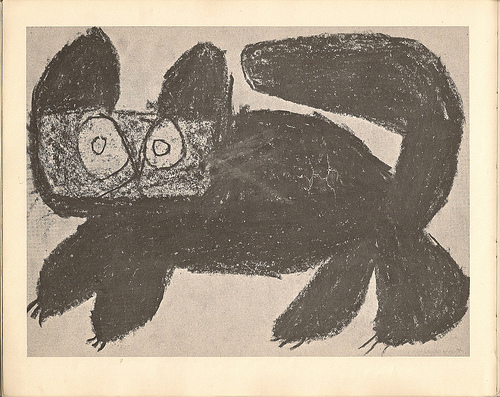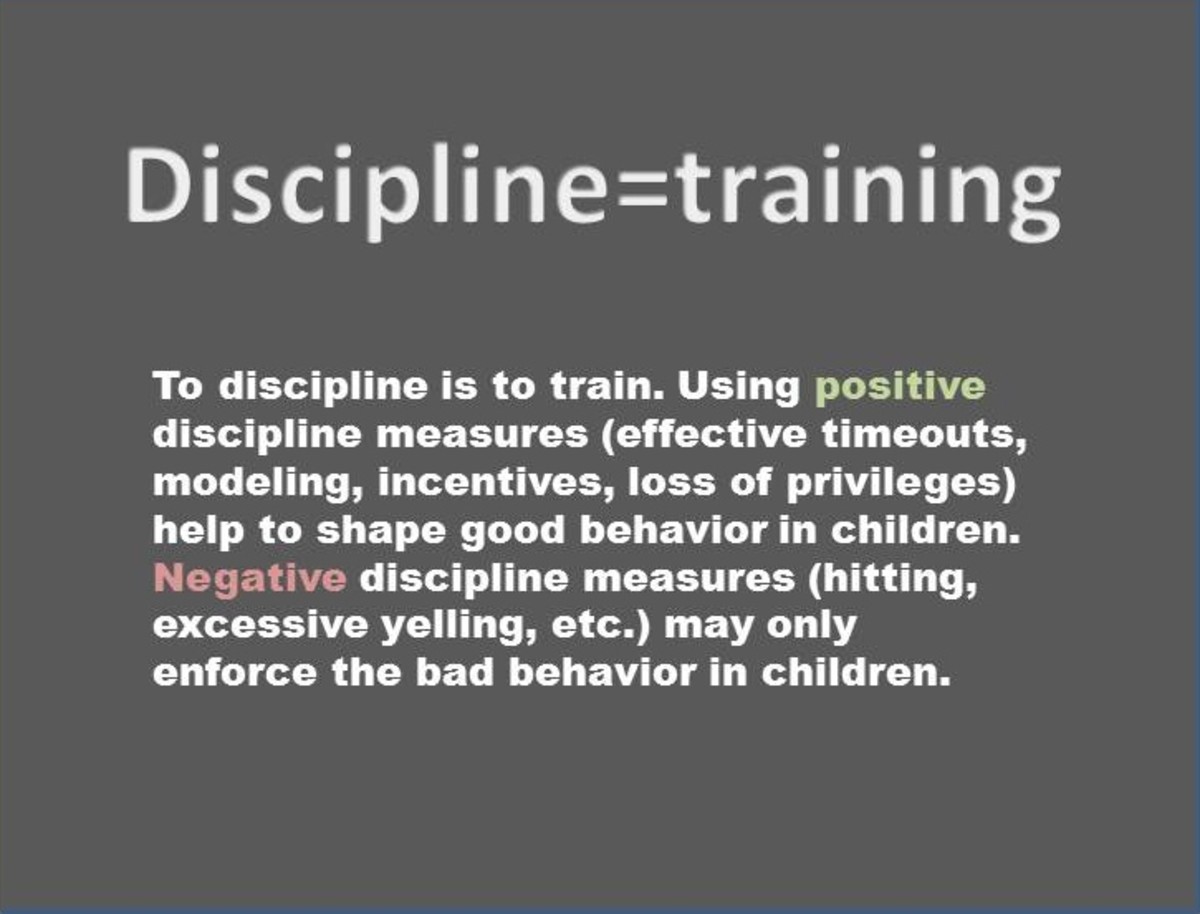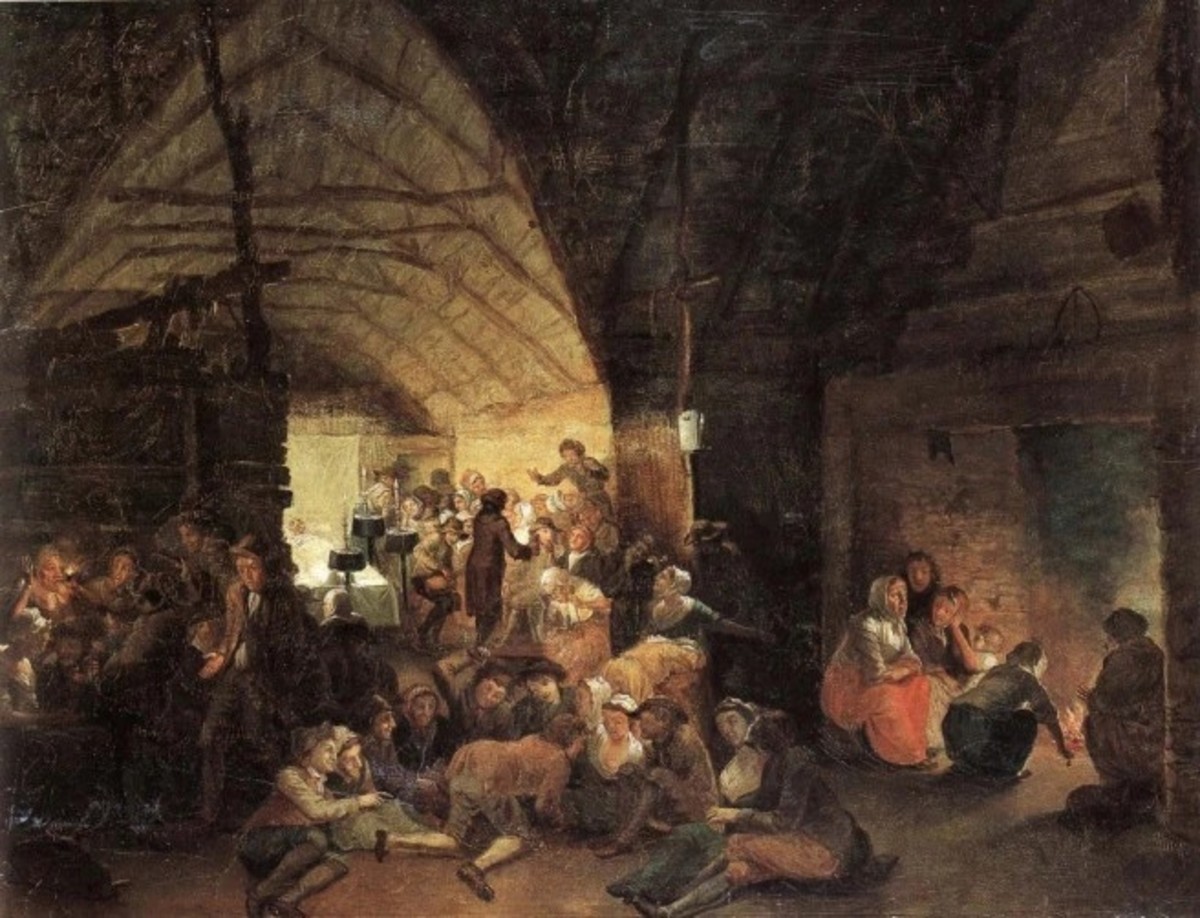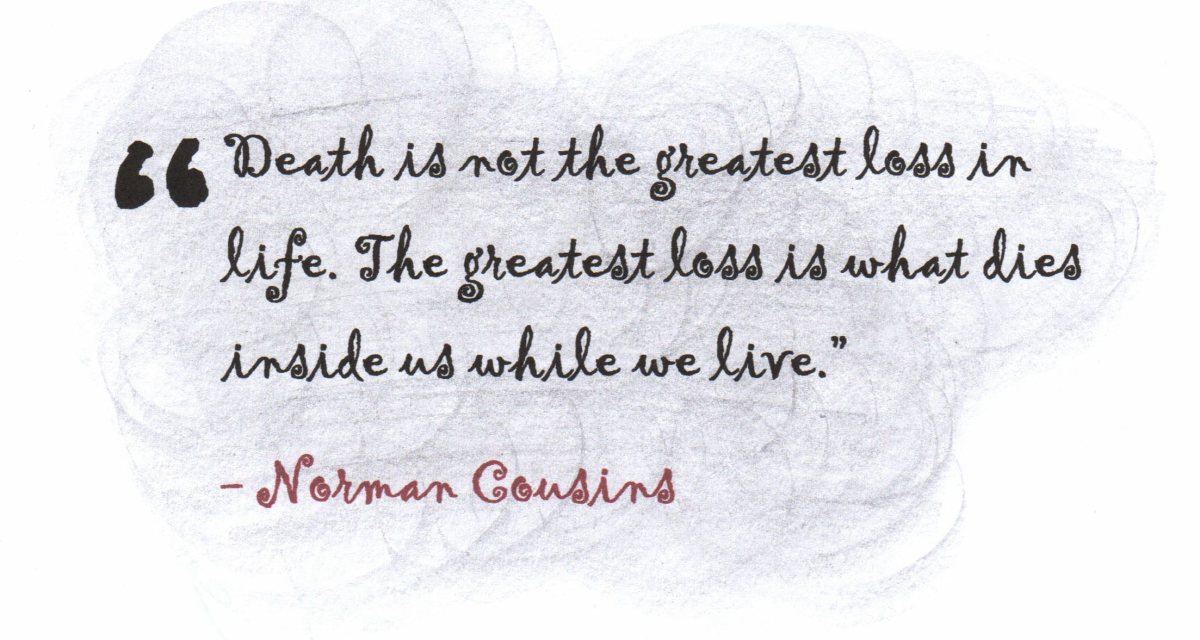Helping a Child Cope with a Death in the Family
When a Child is Touched by Death...
A long, serious illness in the family can be very disruptive to a child's daily routine. Any of us would feel threatened and dazed in this situation, so imagine how a six-year-old boy or girl would react. If Dad's brother is sick and staying in hospital, he may go out and visit him every evening, meaning he isn't there to read a bed-time story, or to tuck his child in at night.
Perhaps a sibling is seriously ill and takes up a lot more of mum and dad's time. Of course, the children love each other, but it is not unusual for the healthy brother or sister to feel neglected or unloved.

Clearly Explaining Illnesses
Obviously, a five-year-old child will not be interested in learning about health conditions in great detail, but if a family member is suffering from some kind of cancer (etc)it is important that he or she is told about it in a way that is easy to understand. For example: "Uncle Andrew is sick with cancer. Cancer is a disease that makes him feel very sick, sore and weak." This will most likely not be sufficient for an eight or twelve-year-old. The former might ask questions about the effects of cancer on the human body, and the latter may be curious about how various sorts of therapy work.
Children will often panic about their own well-being when they hear about a sick family member. Reassure them that cancer is not contagious, and that they won't have to go to the hospital every time they catch a cold.
You should be sure to let the child know how this will affect their day-to-day life. Something along the lines of "Because he's so sick, he needs me to go and spend some time with him every day. I won't be here in the evenings, so mum will read your bed-time story to you," makes it less of a shock when the routine changes.
Do not sugar-coat your explanation. If there is a chance the relation will pass away soon, be sure to prepare the child for that outcome. Otherwise, they will feel that they've been lied to if it does in fact happen. Do not give them false hope, but at the same time, it is alright to be optimistic. Suggest to them that this may very well be the end of their relationship with their uncle, cousin, or grandmother. "Andrew had a stroke, and he might die. We're all very worried about him, but the doctors are doing their very best to help him."

Arranging a Support System
You'll need all the help you can get when caring for a dying family member. It goes without saying that first and foremost, you'll need to try and keep life as stable and normal for your child as is possible. Most neighbours and friends will be eager to help and be happy to walk to school with your child, or to escort them to their dance or soccer lessons.
A child will want to help - younger kids will be delighted to draw a picture for the sick relative. Encourage them to create a sketch of a fun time they spent with the person in question. Older children could take water or snacks to the patient, or read pieces from the newspaper to them. Children who are older still (eleven or older) would be able to make a few trips to the corner store and pick up milk, bread, eggs, etc. They could also help with sweeping the floors, washing the dishes, and other tasks around the house. This will free up time for you to concentrate all your energy on nursing your friend or family member.

Reacting to the Death
The myth that children don't grieve, is quite frankly, a load of crap. They may not mourn in the way that adults do, but that doesn't mean they don't grieve deeply. Where as we may feel an emptiness or loneliness in our chests, a very young person experiences tummy aches. It's also not unheard of for children to revert to wetting the bed or throwing tantrums after a death has occurred in the family.
Other symptoms include:
-Trouble sleeping
-Loss of appetite
-Trouble concentrating on schoolwork
Outward appearances may indicate that the child has recovered from the trauma - laughing, playing with friends, wanting to return to school - but they will return to the task of mourning later in life, sometimes years in the future.
Breaking the News
Phrases like "passed on," "gone to heaven," or "is no longer with us" can be very confusing to a child, especially at a time when they are struggling to concentrate. For this reason, it is almost always better to use the words "death" and "died" when telling a child of a death in the family.
To prepare them for the bad news, you should start off with a phrase like "I have some really bad news," or "I have something to tell you. It's going to make you sad, but it's OK if you want to have a little cry." Second, tell them clearly what happened: "Your Uncle Andrew died in his sleep last night." Lastly, don't shy away from telling them how it happened, but sum it up so that it's more understandable: "He had a heart attack while he was asleep. That means his heart stopped beating."
Most kids will be content with this information to begin with, but make sure they know they can ask you anything: "If there's anything you want to know about your uncle, you can always ask me." If you don't feel you can handle talking about it, assign the duty to another trusted friend or relative: "If there's anything you want to ask, Ellen will be able to answer your questions. Mum's feeling a little too sad right now."

Should Children be Included in the Funeral Proceedings?
This is a personal matter, and will usually be decided by family traditions. However, don't leave your kids with a babysitter while you go to the funeral home out of fear it will scare or confuse them.
Now-a-days, most funeral homes have play rooms where children can play while mom and dad say good bye to their friend or relation. It's perfectly fine if your son or daughter wants to stay in this room while the parents take care of proceedings, but make sure you ask them whether or not they'd like to be included before leaving them there. Do the same for the funeral service - Give them all the information they need to make the decision that's right for them. Describe what he or she will be expected to do, how he or she will be expected to behave, and what other family members will be doing. Make sure they know what car they will be riding in and with whom, and who they will be sitting with during the service. It's also important to explain that there are many different ways to grieve, and it's alright to cry. Point out that if they don't feel as if they need to cry, then that's OK too.
The Importance of Communication
Family and friends will want to do all they can to make your life easier while you attempt to sort out your emotions. If your child wants to go back to school, perhaps you could ask one of them to walk him there in the mornings and home in the afternoons if you don't feel up to doing it yourself just yet.
Either way, don't hold your child back from settling back into his or her regular routine if that's what he or she wants. They are requesting to return to school because that would help them feel reassured.
Whether you're a dad or a mum, don't be afraid to let your child see you crying from time to time. It will convey the message that there's nothing wrong with showing your feelings, and will teach children to communicate freely later in life. Open communication is key to helping a child deal with their grief.
Talk openly about your recently deceased relative, and perhaps keep a photograph of them in the living room. Talk and laugh about the good times you shared with him or her.
Don't be surprised if your child asks when the relative is coming to visit, or when he or she can go to see them - as younger children in particular often struggle to take in everything at difficult times such as this, they may understand that Uncle Andrew is dead, but he or she might not realise yet that this means they aren't coming back. In a child's mind, they are merely "somewhere else."
Seven to ten year olds can usually grasp the concept of death as a finality, but will sometimes continue to talk to their deceased relative while playing make-believe or will include them in their games. It's not unusual for a child of this age to resent the fact that their loved one had to die. Expect queries demanding why the medicine didn't make them better, and why the doctors couldn't save him/her.
Reasurance
A death in the family often causes children to consider their own mortality, and they will need plenty of reassuring that the cancer could not spread to them. If your pre-teen child asks a number of off-putting questions about decomposition and about what happens to the body after death, don't worry. This is normal for such a child, and is not an indication of an unhealthy preoccupation with death.







